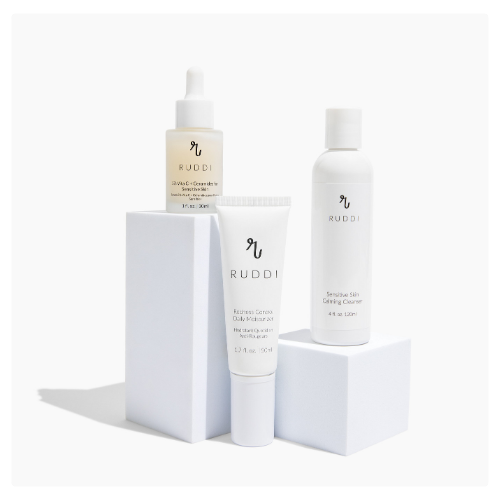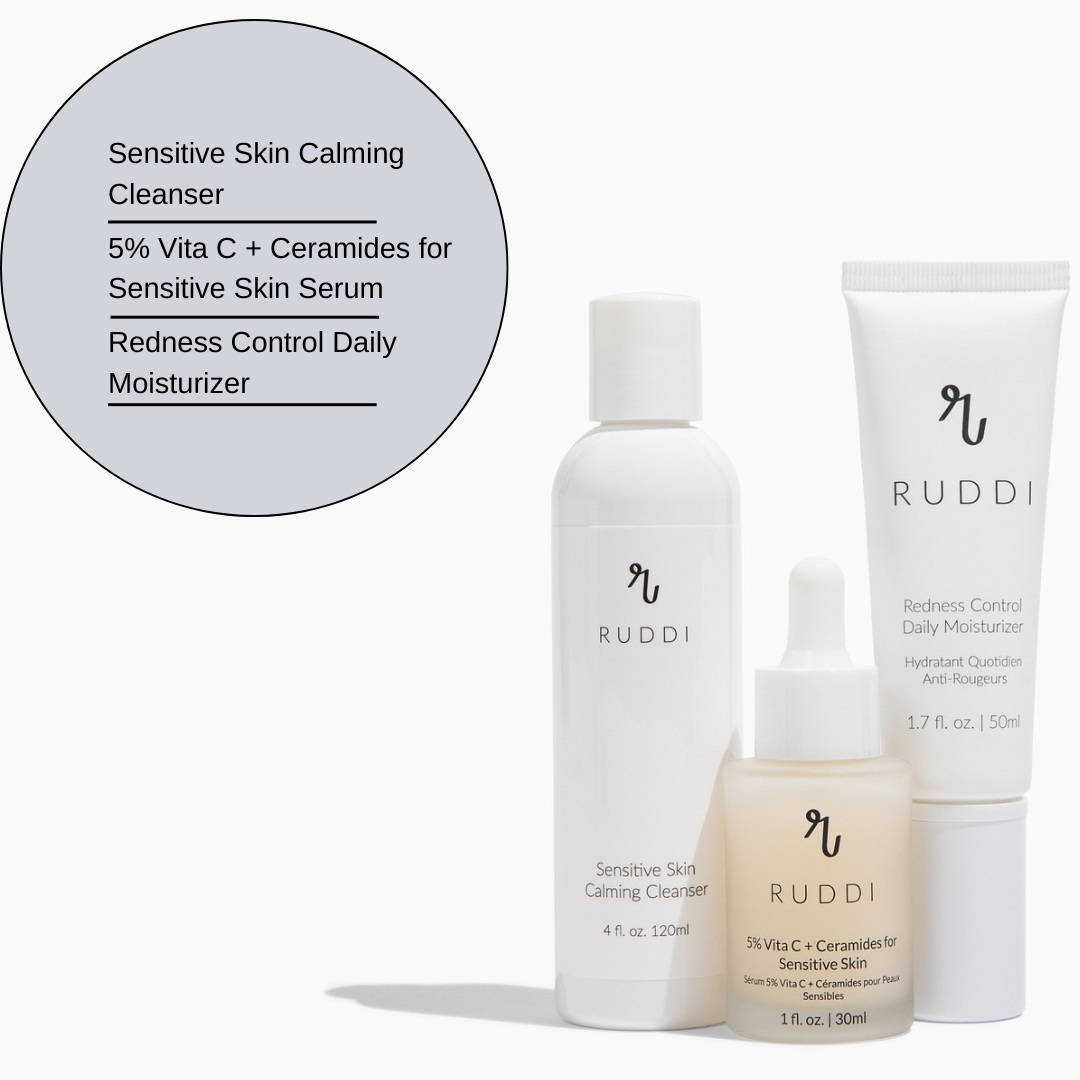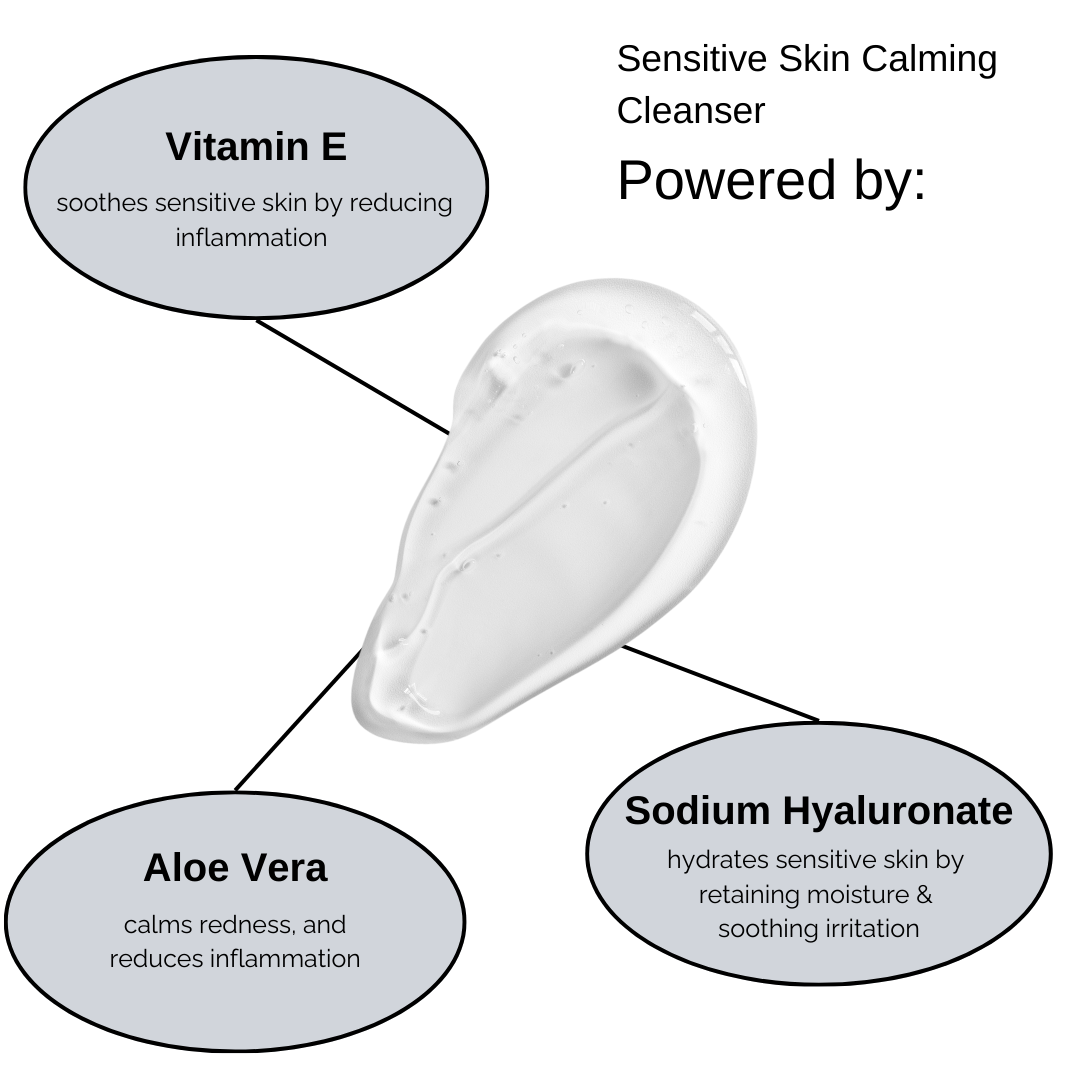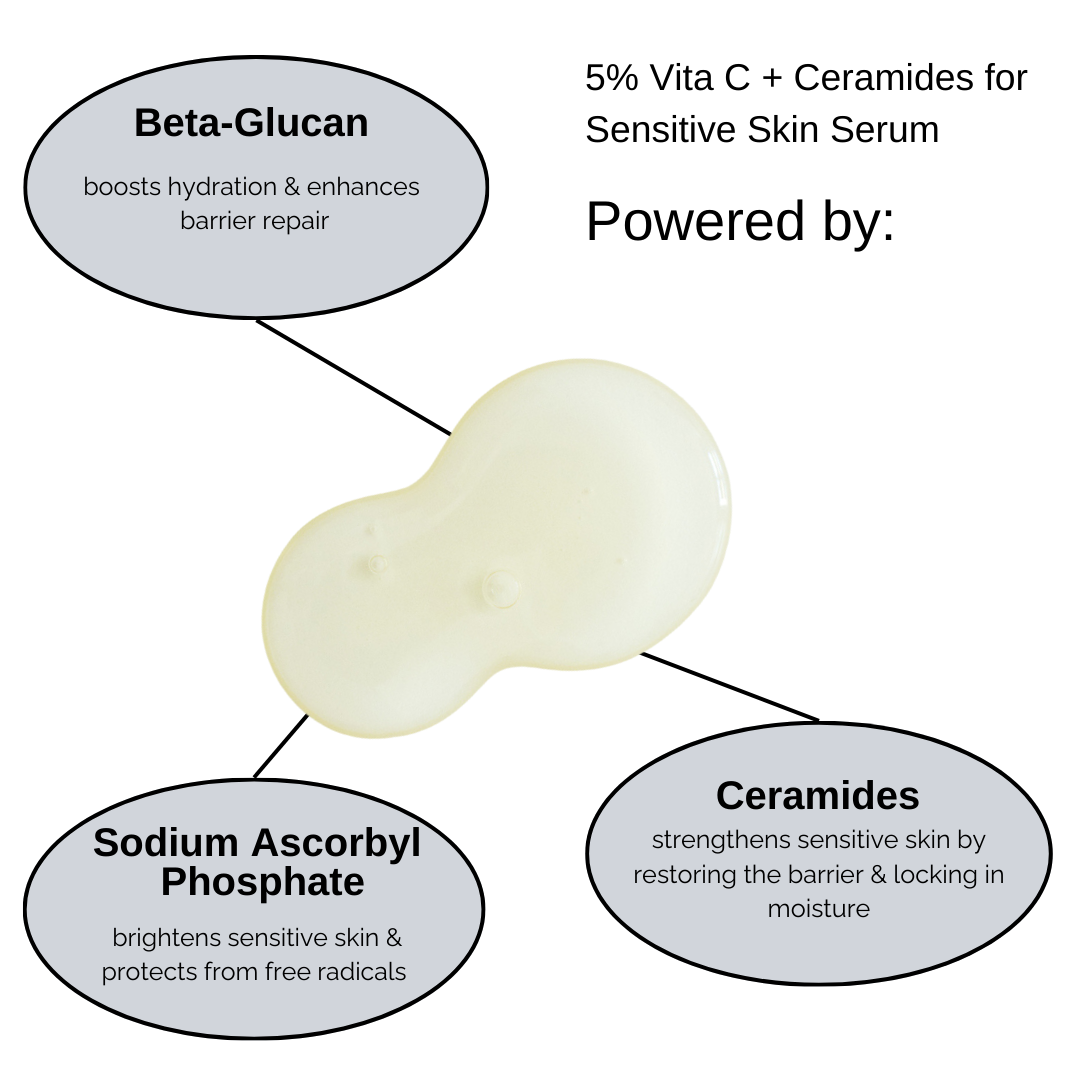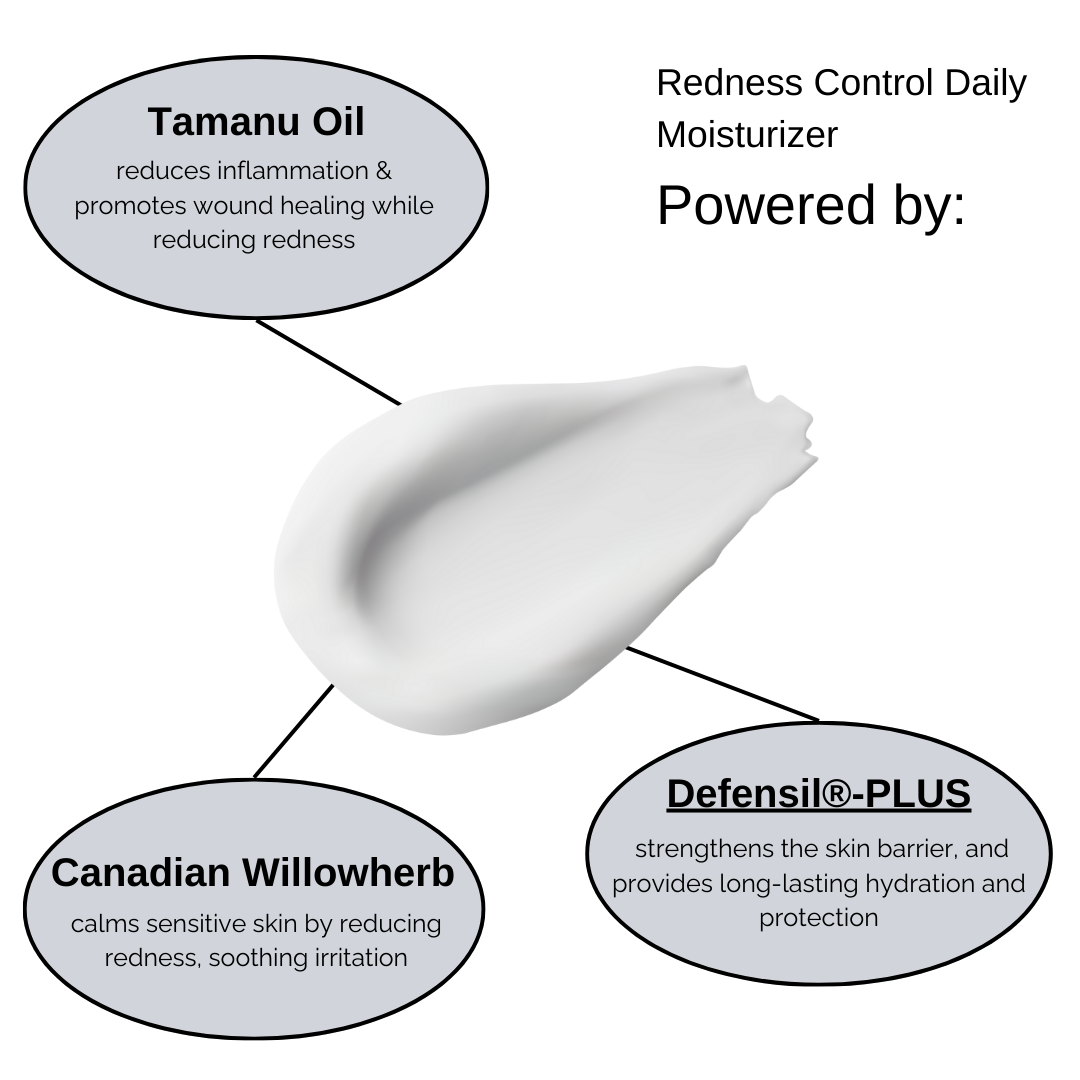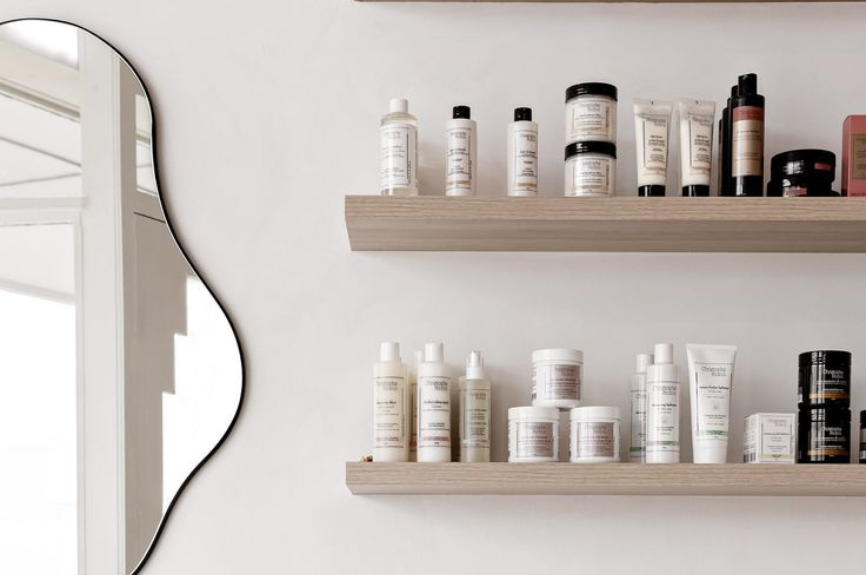
SPF and Rosacea: Why Sun Protection Is Crucial for Managing Flare-Ups
When it comes to managing rosacea, there’s one skincare step that simply isn’t optional: sunscreen. While most people know SPF is important for general skin health, rosacea-prone skin requires an extra level of protection—and there’s hard science to explain why.
Let’s dive into the connection between UV radiation and rosacea, how it fuels inflammation, and what kind of SPF is best for sensitive skin.
☀️ The Rosacea–UV Radiation Link: More Than Skin Deep
People with rosacea often identify sun exposure as one of their most common and consistent flare-up triggers. In fact, studies have shown that up to 80% of rosacea sufferers report sun as a key aggravator.
🔬 What’s happening under the surface?
UV radiation—particularly UVA and UVB rays—does more than just heat up your skin:
-
Activates Inflammatory Pathways
UV exposure stimulates the release of pro-inflammatory cytokines, such as interleukin-1 (IL-1), interleukin-6 (IL-6), and TNF-alpha. These chemical messengers ramp up the skin’s inflammatory response, leading to increased redness, swelling, and sensitivity—hallmarks of rosacea. -
Triggers Vascular Hyperreactivity
UVA rays penetrate deeply and can disrupt the normal functioning of dermal blood vessels. This contributes to vasodilation, where blood vessels dilate more easily and stay dilated longer, causing persistent flushing and visible redness. -
Generates Reactive Oxygen Species (ROS)
UV radiation increases oxidative stress in the skin by generating free radicals, which damage skin cells and compromise the skin barrier—making rosacea-prone skin even more vulnerable. -
Exacerbates Demodex Activity
Sun damage weakens the immune function of the skin and may encourage the overgrowth of Demodex mites, which are already found in higher numbers in people with rosacea and linked to increased inflammation.
🔍 Why Rosacea-Prone Skin Needs Specific SPF Protection
Sensitive, rosacea-affected skin reacts poorly to many chemical sunscreens. That’s why choosing the right SPF is just as important as remembering to wear it.
✅ The Best SPF for Rosacea:
-
Mineral (Physical) Sunscreens
Look for formulas with zinc oxide or titanium dioxide. These ingredients sit on the skin’s surface and reflect UV rays, rather than absorbing them. -
Fragrance-Free & Alcohol-Free
Common SPF additives like fragrance and denatured alcohol can trigger stinging or redness. -
SPF 30 or Higher
Daily use of a broad-spectrum SPF 30+ is the gold standard for protecting against both UVA and UVB rays. -
Added Soothing Ingredients
A good rosacea-safe sunscreen will include calming agents like niacinamide, green tea extract, or panthenol to counteract inflammation.
🧴 Mineral vs. Chemical Sunscreens: What’s the Difference?
| Type | How It Works | Pros for Rosacea | Cons |
|---|---|---|---|
| Mineral | Reflects UV | Non-irritating, soothing | May leave white cast |
| Chemical | Absorbs UV | Lightweight feel | Can sting, cause redness |
Verdict: Mineral sunscreens are usually better tolerated and more effective at preventing flare-ups in rosacea-prone skin.
☀️ When to Wear SPF (Hint: Every. Single. Day.)
Many people only apply sunscreen during summer or on sunny days, but UVA rays are present year-round, even through clouds and windows. Rosacea sufferers need daily protection—yes, even in winter.
Make SPF part of your morning routine, applied as the final step after moisturizer. If you're outside, reapply every 2 hours, especially after sweating or wiping your face.
🧠 Final Thoughts: Think of SPF as Daily Therapy for Rosacea
Sunscreen isn’t just a cosmetic step—it’s a core part of rosacea management. By protecting your skin from UV-triggered inflammation, you can reduce the frequency and severity of flare-ups, protect your skin barrier, and preserve your skin’s long-term health.

